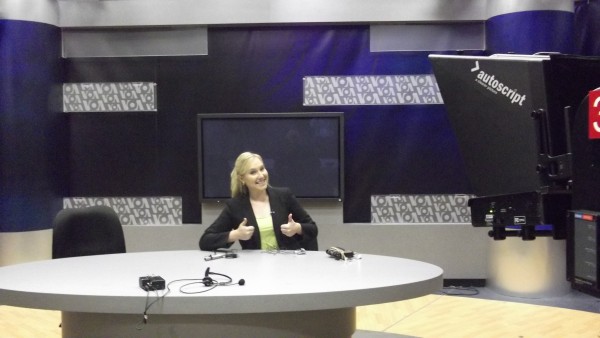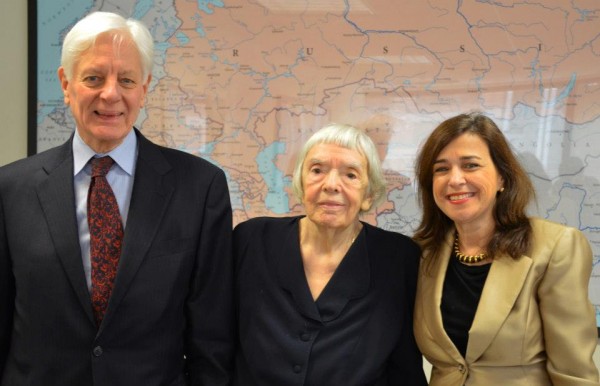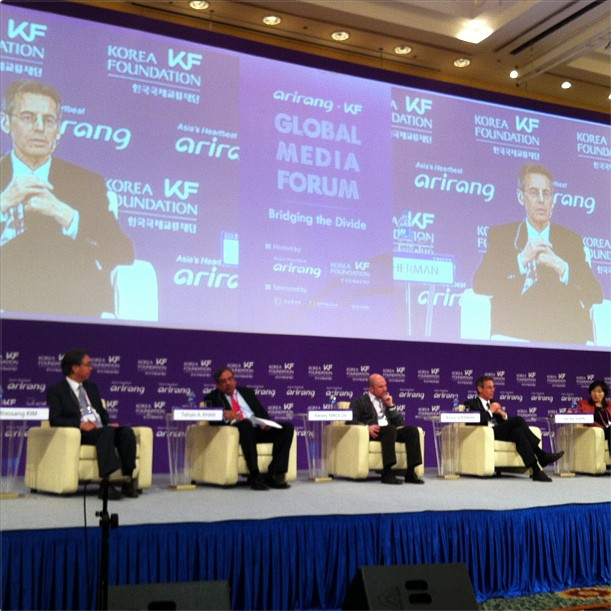Voices from the Field: Gordon Burnett

RFA’s Gordon Burnett demonstrates how to use a video camera to colleagues in Cambodia
“I went to Cambodia in 2000 for the Millennial celebration. There was going to be a party at Angkor Wat. We were doing a live, remote feed of the celebration at Angkor Wat and sending it back to Washington, D.C. I started traveling to do technical work in Cambodia in 1988, but this trip was unfortunate from the start. First, they put me next to a kid from Philadelphia who had the flu. By the time we reached our stop-over I was sick and by the time we reached Cambodia I was out.
Once I arrived, I had to go to a meeting. I had forgotten that the ceilings can be very low in Cambodia, and I walked straight into a beam. Instant knockout! When I woke up, I had a mild concussion and the flu.
Later, I retired to my hotel and thought I would just sleep it all off. After about 30 minutes in bed I got a call from my boss in D.C. asking me to get on the first plane to Siem Reap. Apparently, the people organizing the party at Angkor Wat were distressed about the looming Millennium bug and needed some support.
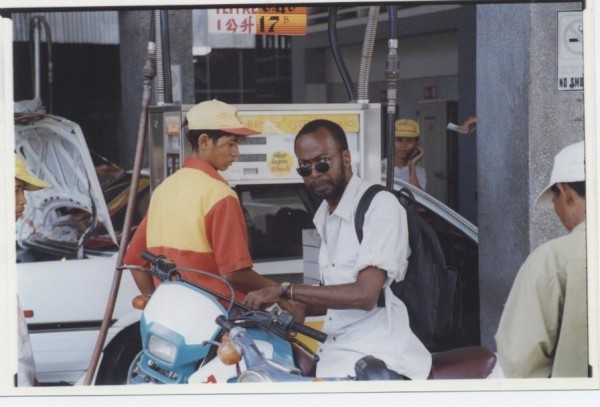
With extensive experience in Cambodia, Gordon Burnett travels through the country via motorbike.
I got to Siem Reap on New Year’s Eve. We did our set-up and testing. All of a sudden, the cellphone that I had always used in Cambodia didn’t work and the satellites we were using to broadcast signal didn’t work. The Y2K bug started kicking in. I had to think quickly about what to do. I had a mixer, two microphones, headphones, and a land line telephone.
I hooked the two microphones into the mixer to collect sound from the party, hooked the headphones into the mixer to receive the sound, and then duck taped the headphones to the telephone receiver. I then called Washington, D.C., and they listened to the sound through the telephone call. D.C. got the signal and told me it was the best signal they ever received from Cambodia! It worked!”
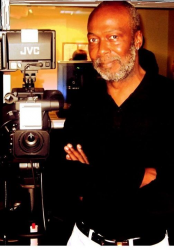
Gordon Burnett is a Production Engineer III at Radio Free Asia. He has been with the service for nearly two decades, has done extensive work for RFA in Cambodia, and assisted in the design and implementation of RFA’s current video capability. Gordon also functions as Video Production Coordinator and Lead Trainer.
Today is Radio Free Asia’s anniversary! On March 12, 1994 Radio Free Asia was founded under the provisions of the 1994 International Broadcasting Act, as a private non-profit corporation. The original legislation called on RFA to carrying out radio broadcasting to the People’s Republic of China, Burma, Cambodia, Laos, North Korea, Tibet and Vietnam.
The functions of RFA were established to:
1) Provide accurate and timely information, news and commentary about events in the respective countries of Asia and elsewhere; and
2) To be a forum for a variety of opinions and voices from within Asian nations.
The original legislation also expressly obligated the government to “respect the professional independence and journalistic integrity of the broadcasters.” The Broadcasting Board of Governors implemented the firewall policies that remain in place to this day.
Leave a comment

